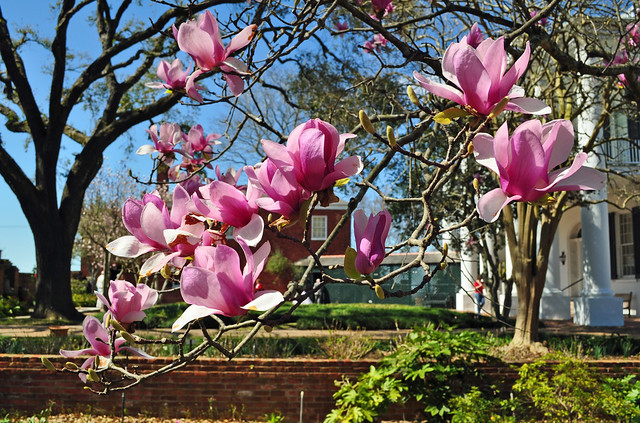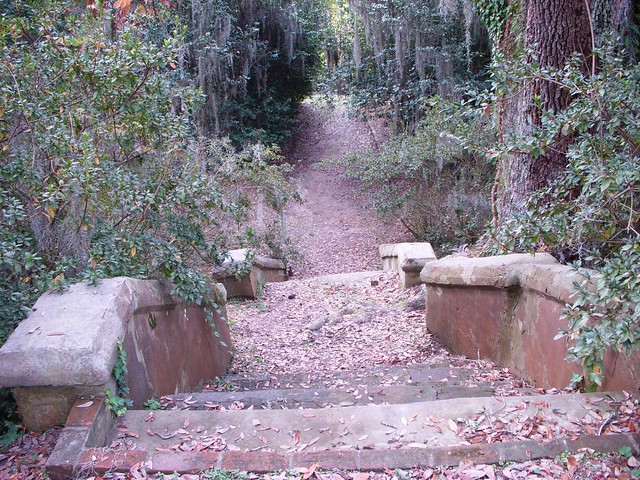 Black Spring
Black Spring by
Alison Croggon
My rating:
5 of 5 stars
Okay, here's my thoughts on Black Spring:
First as a retelling of Wuthering HeightsWuthering Heights is a metaphysical novel, what some call Visionary Fiction. Yes, it's Gothic and from the latter English Romantic Period, but it's the sort of novel that people read and think about in terms of exactly what it is and what it is about. Part love story, part fairy tale, part revenge tale, it's the kind of novel that one can never quite place in the natural scheme of literary things. It just doesn't fit. How Emily Bronte wrote it is still a mystery to me. I've always wanted to write a retelling, but never been brave enough and after reading Black Spring, I am even more fearful.
Laughing. Black Spring is clearly the author's love letter to Emily Bronte and Wuthering Heights. In fact, the author states this. But even without that statement, I can see it. Like others, I've always considered Wuthering Heights a sort of tribute to Milton's Paradise Lost. If you have never read that, it's hard to fully grasp Bronte's story.
The idea is that the lovers fall from Hell into Heaven. (Maybe we all do) Talk about subverting Milton's trope! And it's so feminist. Well, I don't want to go on and on about that, but in Black Spring, we have the true Catherine character in the outcast and exiled Lina, who is a witch, doomed to be feared and under a death threat her entire life. As she develops into a woman, the changes she feels are like those of the characters in Wuthering Heights, for she is falling from Hell to a Heaven when she meets Damek. Together they kind of make a whole, both cruel and wild, aligned with nature. They don't belong anywhere, but to each other. Talk about a love story that is more than a love story.
Why does Lina (and Catherine) forsake their true lovers and move toward a direction of pure tragedy that can only be obliterated by their deaths??????
Well, that is the ultimate question. And Black Spring does it so well, by making sure that Lina, like Catherine, is searching for a way out of her patriarchal world. Of course, it doesn't really work.
Both Damek and Heathcliff (mirrors of Lina and Catherine) want to possess their lovers completely. The two ladies really have no choices. Lina will always be a witch. She will never be the normal, docile wife that her husband wants, she will never love anything or anyone but her mirror self. She and Damek are both imprisoned in their roles. And this imprisonment leads to madness.
In Wuthering Heights, Catherine starved herself; in Black Spring, Lina refused to heal from childbirth and accept her new role as wife and mother.
Of course Damek is not whole without his other half, and so he self destructs. All this is done so well in a new story.
Black Spring as a Fantasy NovelSPOILERS!!!!! But it really doesn't spoil, because you have to read it to appreciate it.
Although I love all the parallels to Wuthering Heights, I absolutely loved this Gothic gem about a place ruled by a law called The Vendetta, a curse so powerful it gave me the chills when I thought about what it really meant.
Croggen invented a whole new mythology, one that I have never seen in previous YA novels. I made a note in the book that this vendetta was worse than anything Shirley Jackson wrote in her stories!
It's about a law that exists in the North lands, where if one man of a family is killed by a man from another family (all noble people are exempt), the nearest relative of the dead man must kill the murderer, and then the opposite and nearest family member must exact revenge against the latter, and the revenge goes on and on forever, until all family members of both families are dead. (Sometimes there is a truce formed by the Wizards of the North). (Note: Women don't matter! They are only property and mothers and servants.)
It's ghastly. The money these people must pay in a Blood Tax for each single death is given to the King, sometimes, all possessions, houses, and lands are used. Therefore, the entire landscape of the North is dotted with tombstones and graveyards. A single Vendetta can go on for years and years, even a century!
This was pretty brilliant in my opinion. There are metaphysical and social questions about such a system, placed upon the ordinary people by their King and nobility. It's a system built on extreme HONOR but at what price? I was completely fascinated by this whole system and it sparked a lot of creative thinking for me as a reader and writer.
The writing is awesome if sometimes difficult. The author paid a special tribute to Bronte by incorporating language of Bronte and even mimicking the power and themes of the Gondal poems, which are the basis for Wuthering Heights. But I loved all that. There are some powerful passages. I ended up marking the entire book.
Laughing.Finally....One particular passage was so haunting. It is when the opening narrator is riding through the landscape of the North and he looks out his carriage and sees a lone young man walking down the road, a young man who escaped The Vendetta by living only in the open at night and making his home in the day in what the author called an
odu. This young corpse of a man was fated never to see sunlight again, almost like a vampire. It was utterly creepy and I don't think I will ever forget that image and am bound to use some form of it in my own writing later on. It was only two paragraphs, but so powerful.
And I found myself thinking of its connection to Wuthering Heights in other ways and I am not even sure the author intended that. Those are my own secret thoughts. I am still thinking about it.
View all my reviews

 Black Spring by Alison Croggon
Black Spring by Alison Croggon

